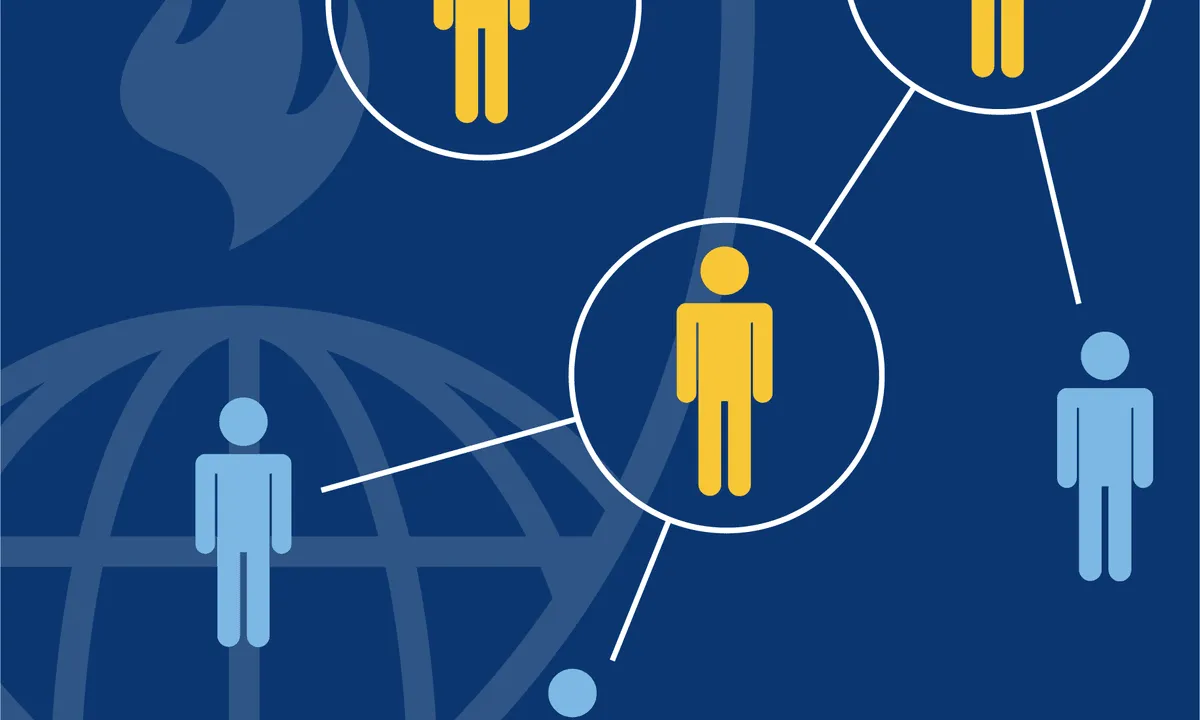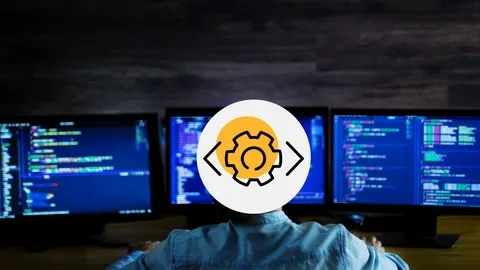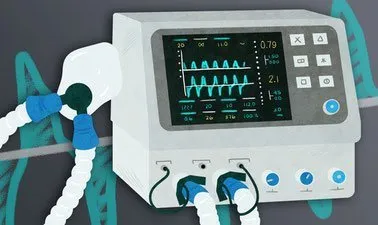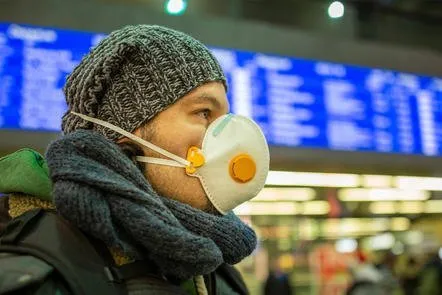
COVID-19 Contact Tracing 
This course provides an introduction to COVID-19 contact tracing, including the science of SARS-CoV-2, how contact tracing is done, and ethical considerations. Students will learn how to build rapport with cases, identify their contacts, and support both cases and their contacts to stop transmission in their communities. The course will also cover strategies to overcome common barriers to contact tracing efforts. ▼
ADVERTISEMENT
Course Feature
![]() Cost:
Cost:
Free
![]() Provider:
Provider:
Coursera
![]() Certificate:
Certificate:
Paid Certification
![]() Language:
Language:
English
![]() Start Date:
Start Date:
10th Jul, 2023
Course Overview
❗The content presented here is sourced directly from Coursera platform. For comprehensive course details, including enrollment information, simply click on the 'Go to class' link on our website.
Updated in [May 25th, 2023]
This course provides an overview of the science and practice of contact tracing for COVID-19. Students will gain an understanding of the science of SARS-CoV-2, the clinical presentation of COVID-19, and the evidence for how SARS-CoV-2 is transmitted from person-to-person. They will learn about how contact tracing is done, including how to build rapport with cases, identify their contacts, and support both cases and their contacts to stop transmission in their communities. The course will also cover several important ethical considerations around contact tracing, isolation, and quarantine. Finally, the course will identify some of the most common barriers to contact tracing efforts -- along with strategies to overcome them.
[Applications]
Upon completion of this course, students should be able to apply their knowledge of contact tracing to their own communities. They should be able to identify the key steps in contact tracing, understand the ethical considerations, and be aware of the common barriers to contact tracing efforts. Additionally, students should be able to identify the qualifications for contact tracing positions in their area and be prepared to apply for them.
[Career Paths]
1. Contact Tracing Coordinator: Contact tracing coordinators are responsible for overseeing contact tracing efforts in their community. They are responsible for recruiting, training, and managing contact tracers, as well as developing and implementing contact tracing protocols. As contact tracing becomes more widespread, the demand for contact tracing coordinators is expected to increase.
2. Contact Tracer: Contact tracers are responsible for identifying and interviewing people who have been exposed to COVID-19, as well as their contacts. They must be able to build rapport with cases and contacts, provide accurate information about the virus, and support them in taking the necessary steps to prevent further transmission. As contact tracing becomes more widespread, the demand for contact tracers is expected to increase.
3. Data Analyst: Data analysts are responsible for analyzing contact tracing data to identify trends and patterns in the spread of the virus. They must be able to interpret data and develop strategies to reduce transmission. As contact tracing becomes more widespread, the demand for data analysts is expected to increase.
4. Public Health Educator: Public health educators are responsible for educating the public about contact tracing and the importance of following contact tracing protocols. They must be able to communicate complex information in an accessible way and develop strategies to increase public awareness and compliance. As contact tracing becomes more widespread, the demand for public health educators is expected to increase.
[Education Paths]
1. Bachelor of Science in Public Health: A Bachelor of Science in Public Health (BSPH) degree is a great way to gain the knowledge and skills needed to become a contact tracer. This degree program focuses on the science of public health, including epidemiology, biostatistics, environmental health, health policy, and health services administration. Students will learn how to identify and analyze public health problems, develop and implement public health interventions, and evaluate the effectiveness of those interventions. As the COVID-19 pandemic continues, the demand for public health professionals with a BSPH degree is expected to increase.
2. Master of Public Health: A Master of Public Health (MPH) degree is a great way to gain the advanced knowledge and skills needed to become a contact tracer. This degree program focuses on the science of public health, including epidemiology, biostatistics, environmental health, health policy, and health services administration. Students will learn how to identify and analyze public health problems, develop and implement public health interventions, and evaluate the effectiveness of those interventions. As the COVID-19 pandemic continues, the demand for public health professionals with an MPH degree is expected to increase.
3. Master of Science in Epidemiology: A Master of Science in Epidemiology (MSE) degree is a great way to gain the advanced knowledge and skills needed to become a contact tracer. This degree program focuses on the science of epidemiology, including the study of the distribution and determinants of health-related states or events in specified populations, and the application of this study to the control of health problems. Students will learn how to identify and analyze public health problems, develop and implement public health interventions, and evaluate the effectiveness of those interventions. As the COVID-19 pandemic continues, the demand for public health professionals with an MSE degree is expected to increase.
4. Doctor of Public Health: A Doctor of Public Health (DrPH) degree is a great way to gain the advanced knowledge and skills needed to become a contact tracer. This degree program focuses on the science of public health, including epidemiology, biostatistics, environmental health, health policy, and health services administration. Students will learn how to identify and analyze public health problems, develop and implement public health interventions, and evaluate the effectiveness of those interventions. As the COVID-19 pandemic continues, the demand for public health professionals with a DrPH degree is expected to increase.
Pros & Cons

Clear and knowledgeable instructor

Easy to follow and understand

Quick and easy to understand

Very informative and user friendly

Gained fundamental understanding of contact tracing

Misleading question in assessment

Implied bias in vignettes

Extra word in sentence
Course Provider

Provider Coursera's Stats at AZClass
Discussion and Reviews
0.0 (Based on 0 reviews)
Explore Similar Online Courses

Free RxJs Tutorial - RxJS unit testing in Angular application The whole picture

Python for Financial Analysis and Algorithmic Trading

Python for Informatics: Exploring Information

Social Network Analysis

Introduction to Systematic Review and Meta-Analysis

The Analytics Edge

DCO042 - Python For Informatics

Causal Diagrams: Draw Your Assumptions Before Your Conclusions

Whole genome sequencing of bacterial genomes - tools and applications

Mechanical Ventilation for COVID-19

COVID-19 in Slums & Informal Settlements: Guidelines & Responses


Start your review of COVID-19 Contact Tracing